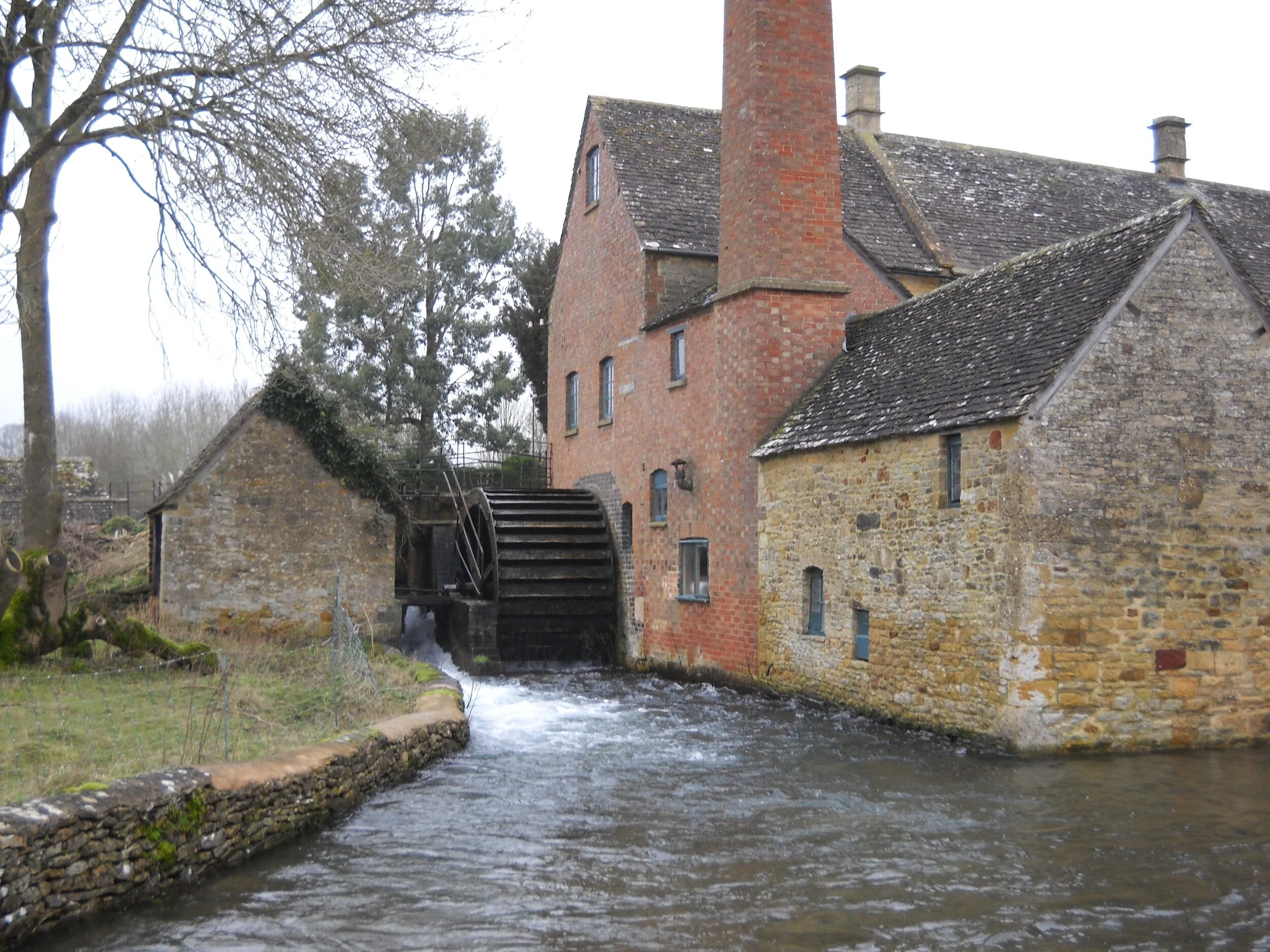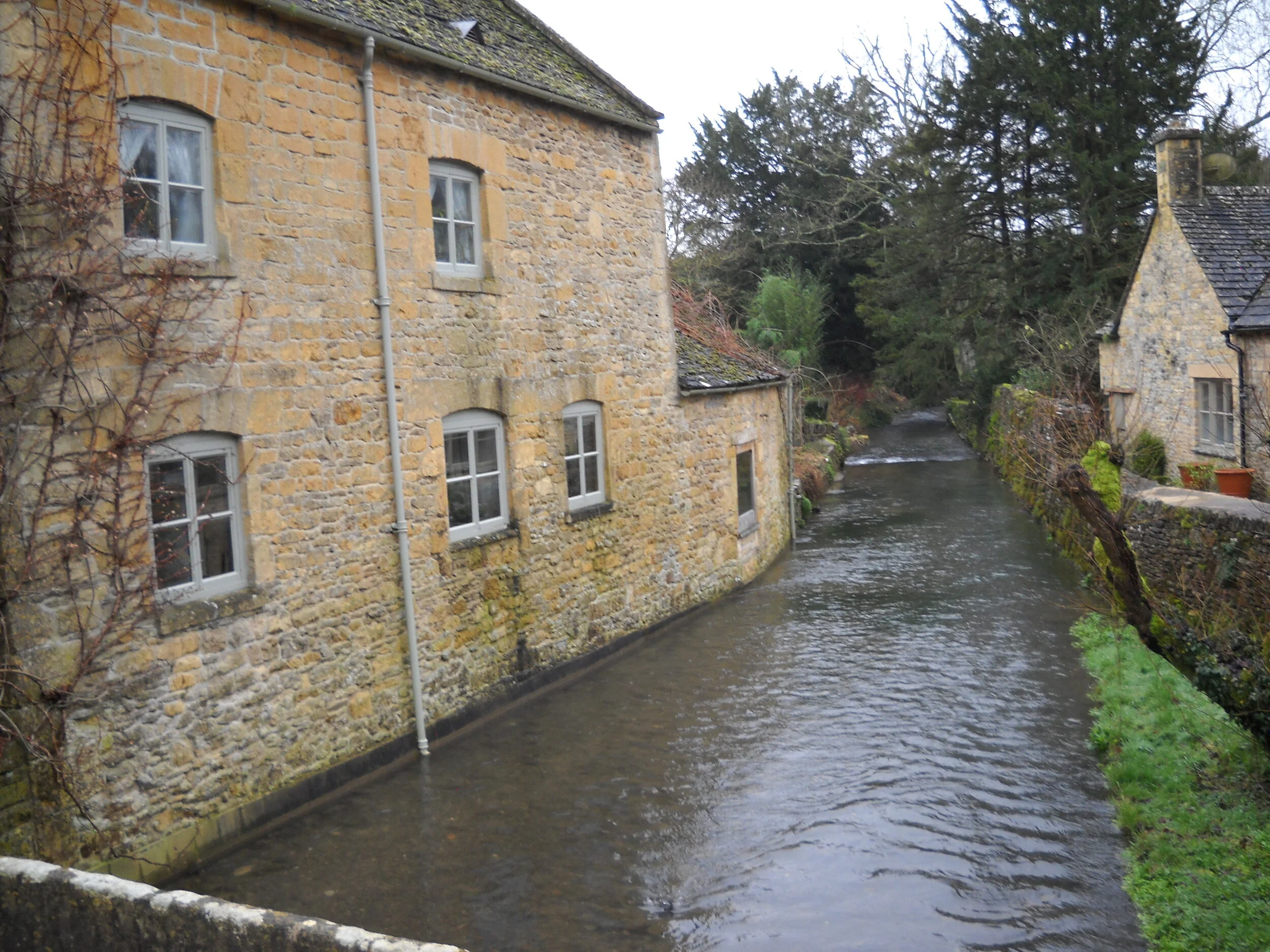Ways To Get Started In Land Development
Getting started in land development:
I don’t know of a single recipe for becoming a successful land developer, but I have sure seen ways that can help someone get off to a faster and better start in the business. One thing each of the following ways have in common is the active involvement of other people.
Family in the business:
One example is a family connection within the business, where parents have schooled their kids who eventually take over the reigns. I always admired the successful land developer families I have met and dealt with since they worked together, prospered together and suffered together. The together part is what I admire the most, and that seems kinda rare these days…
The 2nd toughest and smartest land developer, negotiator, deal maker and money manger I ever met was a woman named Debbie B. Her family had been in dirt for decades and had thoroughly schooled her. ‘Ole dad didn’t look like much and he came across scruffy and slow talkin’, complete with bib overalls and a rusted out F-350 dually that had seen better days. In deals, he could squeeze a penny until Lincoln screamed on virtually every point.
It must have run in the family, because both Debbie and Dad had eyes that couldn’t even begin to hide their smarts. Neither one of them ever wrote anything down and they didn’t need to, since neither one of them ever forgot anything. Debbie B., thanks for busting my butt on that forestry block you were selling back in the day when I was new. I think I only paid you twice as much as it was worth!
Having a mentor:
This is another good way to start in land development. As a general rule there aren’t many experienced developers who will volunteer for the job but if you can find a way to tag along and learn something useful, then great!
A variation of this is to have several mentors, That’s what I did and I don’t think any of them realized they were doing it. When I started I was on my own, but there was a group of established consultants that had been together before I arrived. I tried to learn as much as I could from each of them.
My strategy was to observe, listen and ask intelligent questions. In short, I surrounded myself with experts that knew a heck of a lot more than I did. I kept my mouth shut and eventually picked up knowledge worth having.
Become an associate:
An associate is another way of being someone’s right hand man. One way to do this is to find the Director of Land Development for a builder/developer or a pure land company and take the job of assisting one of the project managers.
It may be easier than you think. Big companies swamp their project managers with impossible workloads on a daily basis. For modest pay, a newbie could learn a ton by doing grunt work and paying attention to the experienced project managers along the way. It’s no surprise that there are more than a few project managers that have started out this way.
Get your real estate license:
I know…but keep reading! With absolutely no training as a new land developer, I took my state real estate licensing course and I am glad I did. I made everyone else that worked for me do it too. It doesn’t pertain directly to land development, but does provide very useful real estate knowledge. I took the course, passed the test and eventually became a Designated Broker/Owner of my own 2 person brokerage specializing in raw land.
Another benefit of taking the real estate licensing program is to have a way to earn income in addition to learning land. After a while, one could develop key relationships with land developers and others local real estate players. Membership in the local multiple listing service can provide additional help to bird dog target properties.
Formalized education:
I find it strange how long it took accredited colleges and universities to incorporate real estate degrees into their business programs. A degree in real estate is theoretical in nature since it’s “the study of” as opposed to the “doing of” the real estate business. I support these degree programs, particularly in the areas of finance and accounting where a lot of rocket-fueled land developers have crashed. For a curriculum example see:
Wichita State University - https://realestate.wichita.edu/education/courses/
Attend public hearings:
I think anyone interested in getting into land development should attend a few public hearings for projects under review. Observing what the Hearing Examiner is interested in, along with what the proponents and opponents of a project are testifying about can be very instructive. You also get to see your county planners in action. If you get into land development, someday the guy in the hot seat is gonna be you!
Wandering around:
This can take the form of field visits to projects under construction and talking to whoever you see. It’s a particularly good time to approach the head guy since they are usually lurking around during construction. The other good thing, at least for me, is that I am usually in a really good mood to be approached. Why? Because there’s nothing like moving dirt!
I like the idea of flagging down whoever you see since even the guy sitting on the tail gate of his truck might have insight as to the key people and the project itself. Warning - do not ignore No Trespassing signs or invade sectioned off construction zones for everyone’s safety. That would be a great way to take a guy in a really good mood and turn him into a guy in a super crappy mood.
Review:
The path to getting started in land development varies. To be successful in such a speculative enterprise requires a prospective land developer to take as many variables out of the equation as possible. Hopefully some of these ideas are useful. There is one other key thought - Am I cut out for being in this business? One suggested reading that might help evaluate yourself first is the following reading: Is land Development For Me? https://www.landdevelopmentrealities.com/home/2019/9/26/is-land-development-for-me . Good luck!






